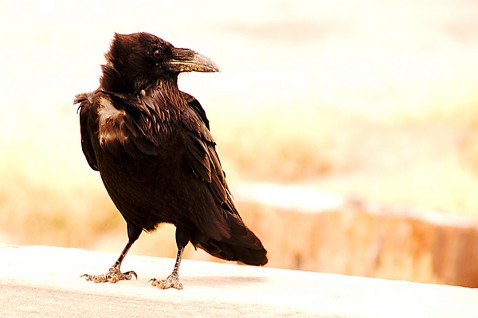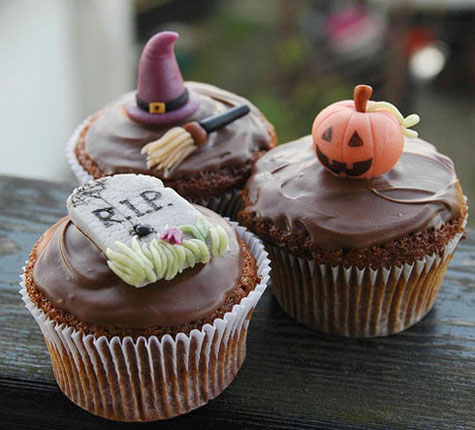The meaning of (a) life
/
The quote above is from the Jerusalem Talmud, section Sanhedrin 4:1 (22a), if we are being precise. It's Hebrew, so it's read right to left. The second part, one to the left of the coma, translates to "and whoever saves a life, it is considered as if he saved an entire world." If you've seen Schindler's List, you might recognize the quote as a less flowery translation of what was engraved on the ring that the Jews Oscar Schindler rescued made for him.
What's important to me, though, is that that part, the often-quoted part, is the second part of the sentence. The first part, and for some reason it seems important to me that between the two it comes first, translates to "[w]hoever destroys a soul, it is considered as if he destroyed an entire world."
Nobody is responsible for my son's death-- there was no humanly possible way to save him. But, yes, what was lost when he died, what we lost, is an entire world.
That's what we all lost, some several times over. Together-- galaxies, universes even. The mind boggles at the enormity.
In math infinity is not an easy concept to teach. Not necessarily because of the initial presentation, describing what infinity is, but because later it turns out that sets of things that you would intuitively expect to be of different sizes, even sets where you have an intuitive idea of which should be bigger, they turn out to all be of size infinity. For example, the size of the set of whole numbers is infinity. But, and this is intuitively non-obvious, the size of the set of odd numbers is also infinity. As, incidentally, is the size of the set of all numbers between 0 and 1. This is not a math lesson. It is a sort of a meditation on zooming back in, from the idea of the enormity of our collective losses put together to our individual losses, to each little life that did not get to be or did not get to be as long as we wished it to be. Each one a world. Still enormous, still mind-boggling.
Which is why, I think, looking for meaning in their deaths, looking for a reason, a higher purpose, whathaveyou, just doesn't sit right with me. What is lost is so profound, so shattering, that in my book there is simply no reason good enough to justify it. There is nothing that can be put on the scales opposite the would-be world that is my son's life that would even it out. Nothing is worth it.
Once, almost by accident, I got to see an internal volunteer training manual of an extremely well-respected organization that works with bereaved parents. It had many good and compassionate rules, including one about not making yourself and your motivation for being there the focus point when interacting with bereaved parents because it should not be about anyone but the bereaved family. But then it also had a note from one of the founders of the organization, who is not a bereaved parent. In describing what led them to become a co-founder of the organization, the person talked about their very first interaction with a family that found out that their baby was about to die. It's a very moving story, and honestly I am deeply grateful that in that family's hour of need, this person was there for them. What did not sit well with me was the last part of the note. The gist of it is that when it was first happening, the future founder of the organization had a hard time dealing with the "why?" questions, but that now that they went on to found and build this organization, now they understand.
I remember feeling dumbfounded after reading this. I like the organization. I respect what they do. I think what they do is extremely important. But what the founder said struck me as remarkably self-absorbed. That someone would say that a person, a child, had to die to motivate and empower them, even if it is to help others whose children die, seemed to be to lack perspective, both in terms of what that death actually means (see: entire world, lost) and in terms of what seems like an extremely inflated sense of their own importance in the world. I mean, I can't imagine anything that I could possibly go on to do with my life that would be worth someone else's life, let alone a life so new that the outlines of the world lost as a result are barely perceptible through the fog.
I don't need to find a meaning in my son's death. Or, more precisely, I don't think there can be meaning grand enough to be worthy of him, to be worthy of the enormity of what it means to have to live without him.
To me, my son's death doesn't have to be beautiful and meaningful. It doesn't have to teach anyone anything, and it doesn't have to have changed our lives for the better. In fact, I think if someone tried to find anything of the sort in our story, I'd be beyond livid.
I remember a post on someone's blog from when I was only a couple of months out from A's death that has stayed with me throughout the years. The post was about how of course the deaths of our children are unfair, about how we, the survivors, didn't deserve it. There was a quote too, about how the only thing worse to imagine than their deaths being unfair and undeserved is for their deaths to have been fair and deserved. Jeez, right? What would you have to do to deserve to have your kid die? And if you put it that way... Well, the beauty and meaning thing, I feel similar about these-- what in the universe can possibly be worth my son's life? I have only one answer to that-- nothing, absofrigalutely nothing.
Which doesn't mean that I do not see beauty in our stories, in our story. The difference is that to me the beauty is internal. It doesn't come from or depend on anything that happened as a result of A's death It's jagged and mangled, and may not look like beauty to anyone but us, and let's face it-- few are willing to look for long enough to see it. The beauty I see is in the origin of our pain, in why our worlds are torn and our hearts-- a mess of shards. That, of course, is grief, the new and unbidden roommate-inside-us.
To me, there is beauty in the pain, in the grief. But not because I enjoy the sight of blood and gore-- I don't. I see beauty in why the pain and the grief are there. They are there because we love our children. And when they die, when we lose the world that was to be them, the pain is the reflection, the mirror image of the love. And to me, that's good enough. Actually, to me that's the only way it can possibly be.
What about you-- do you need there to be meaning? Have you looked for it? Are you still looking? Has your answer changed over time? If yes, how? Why?



